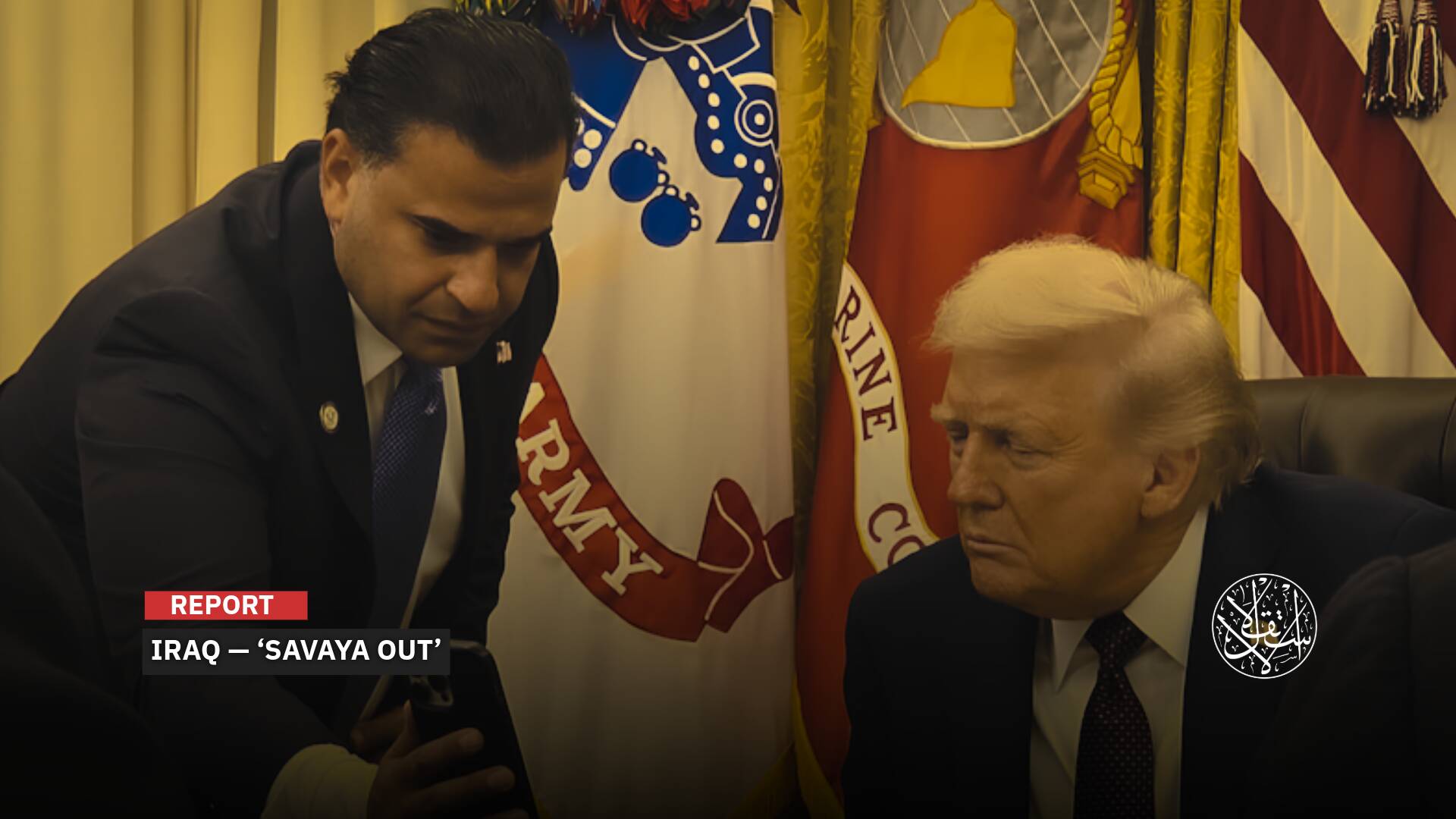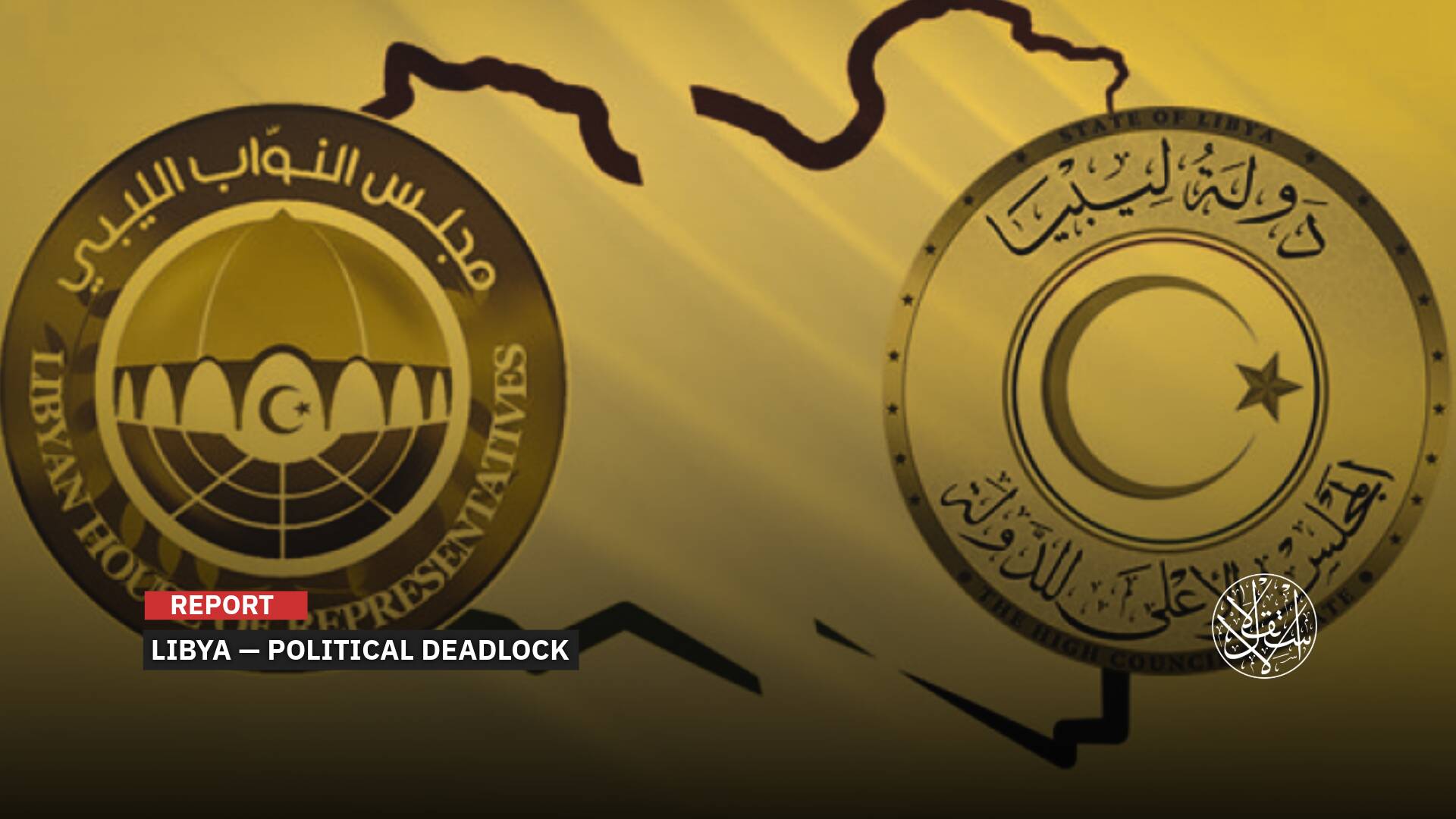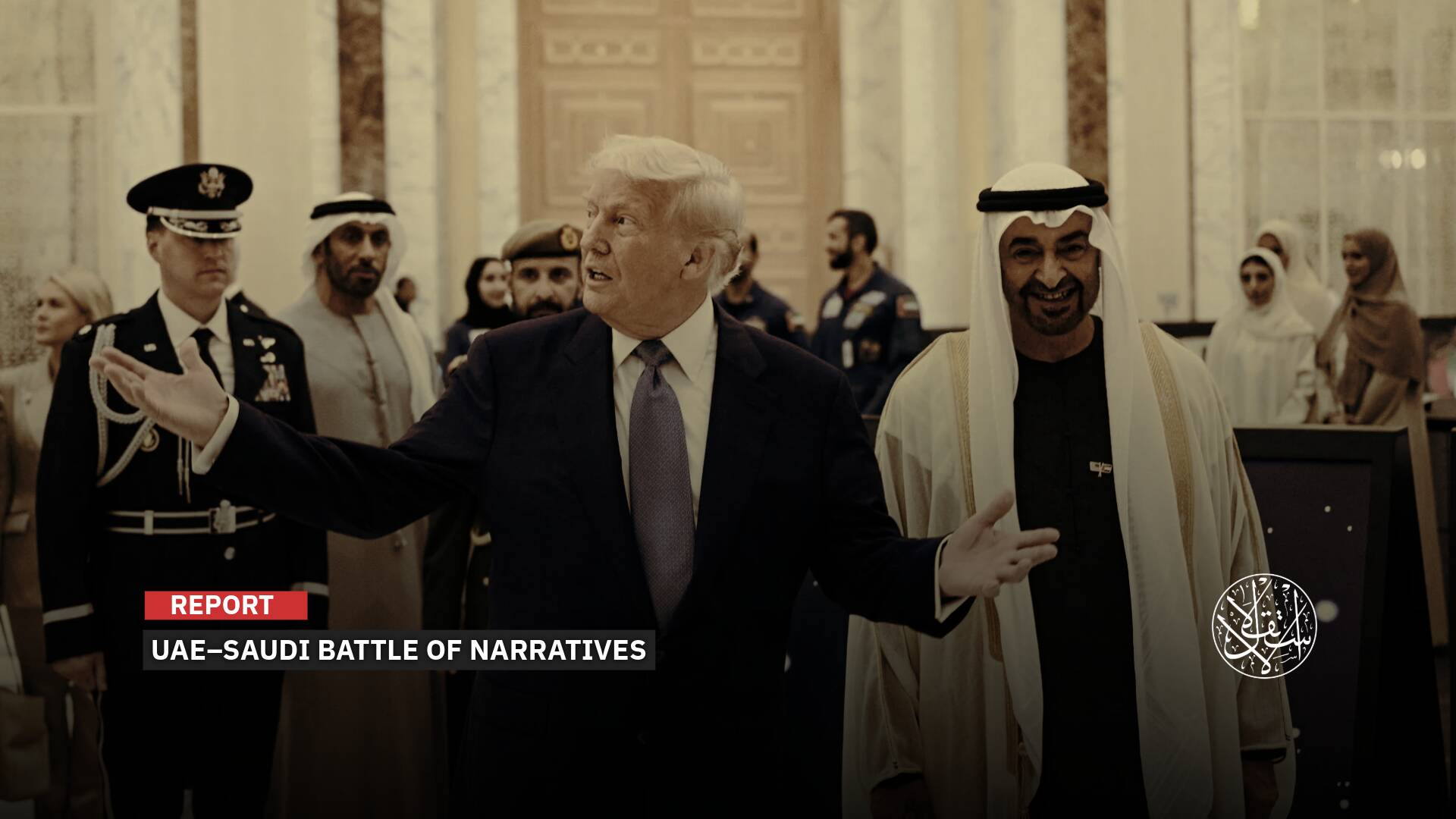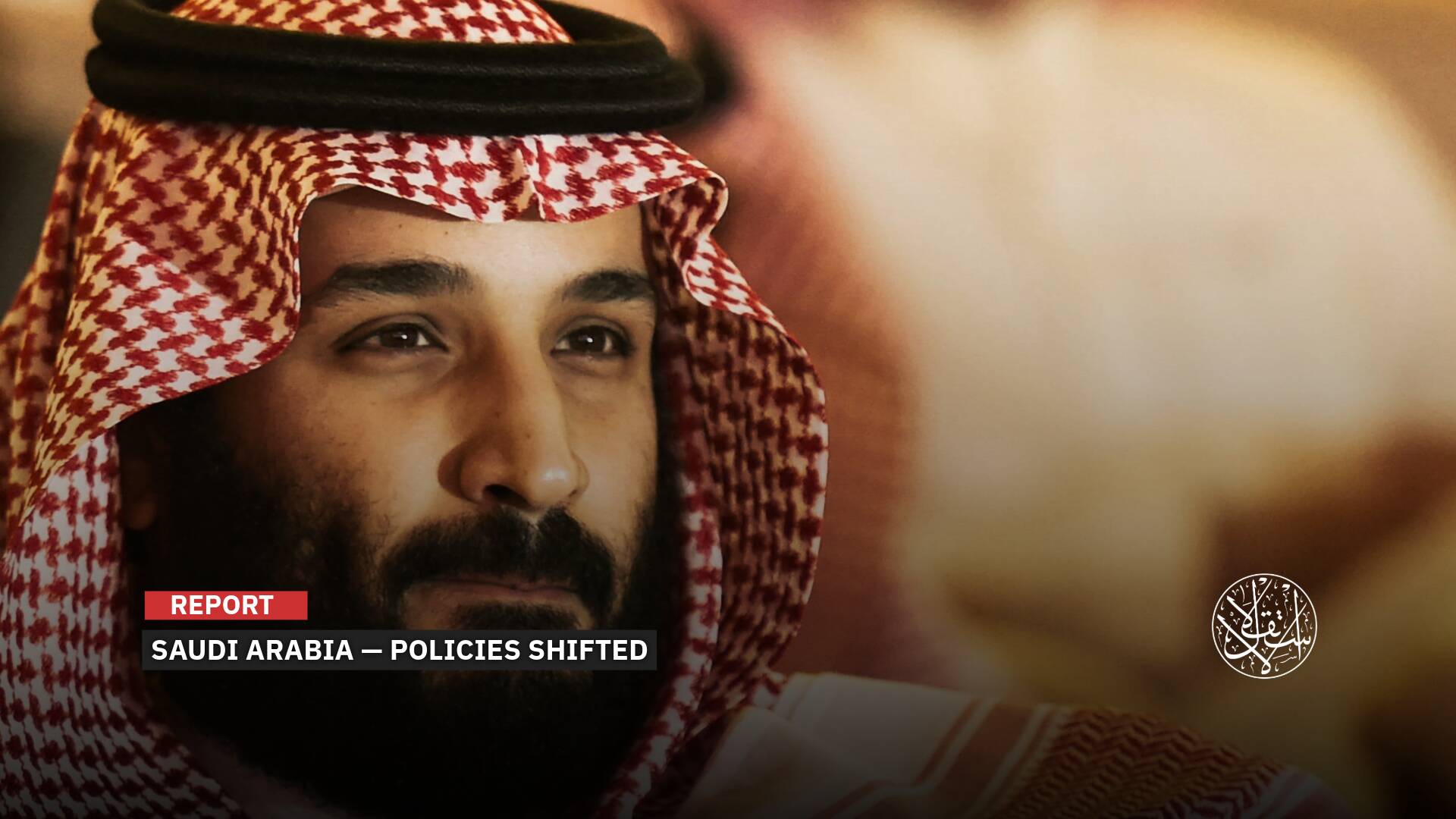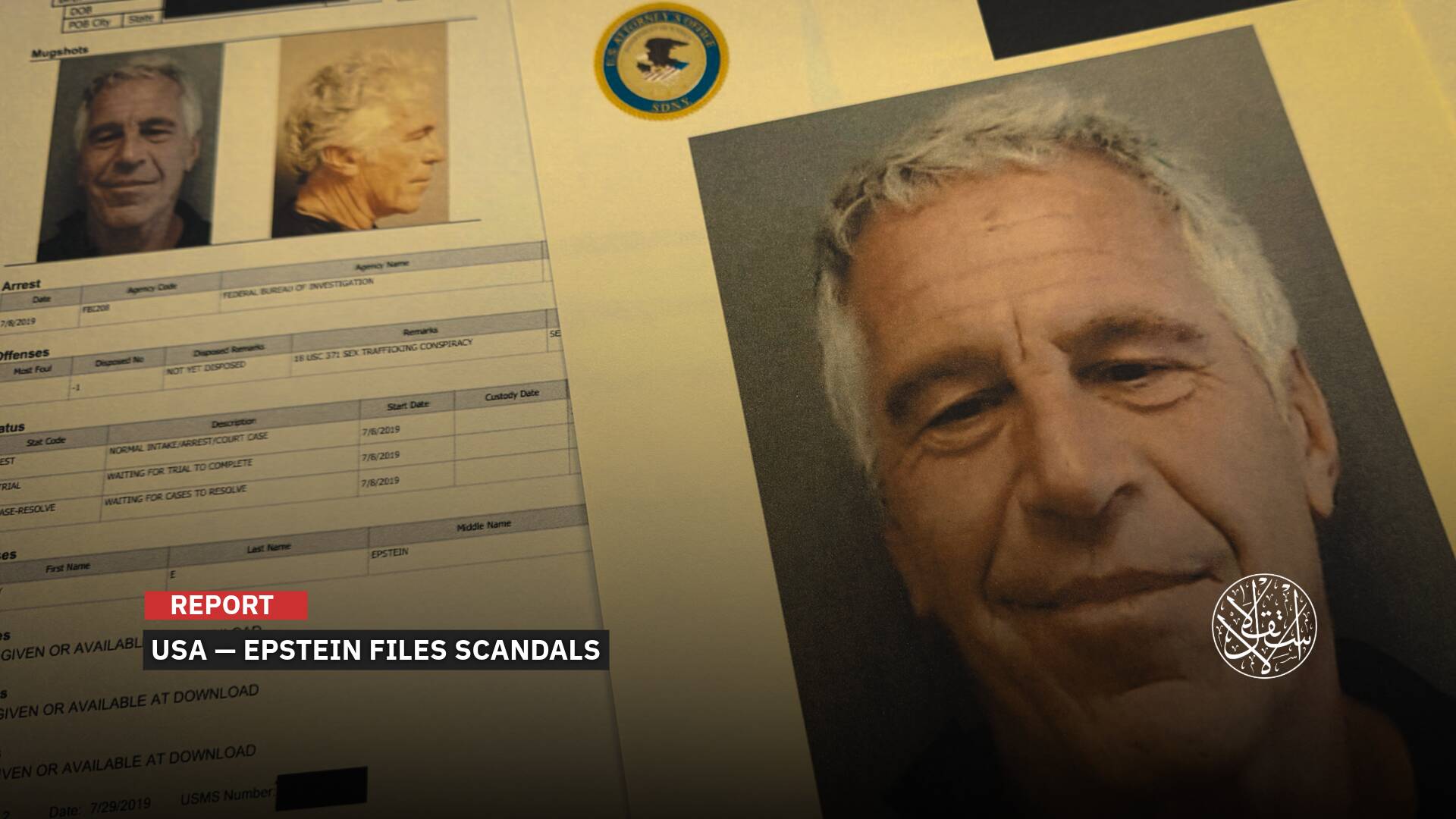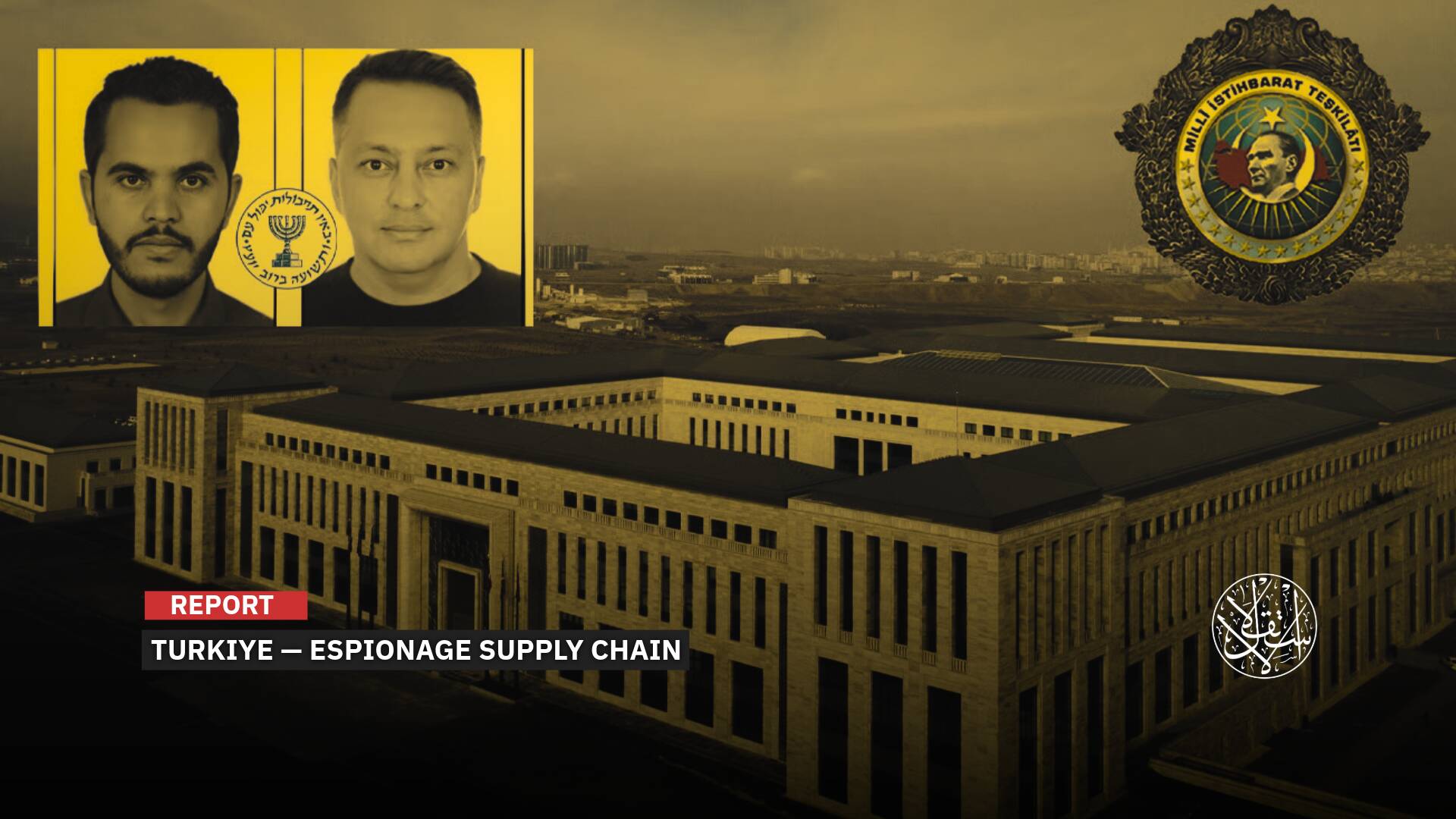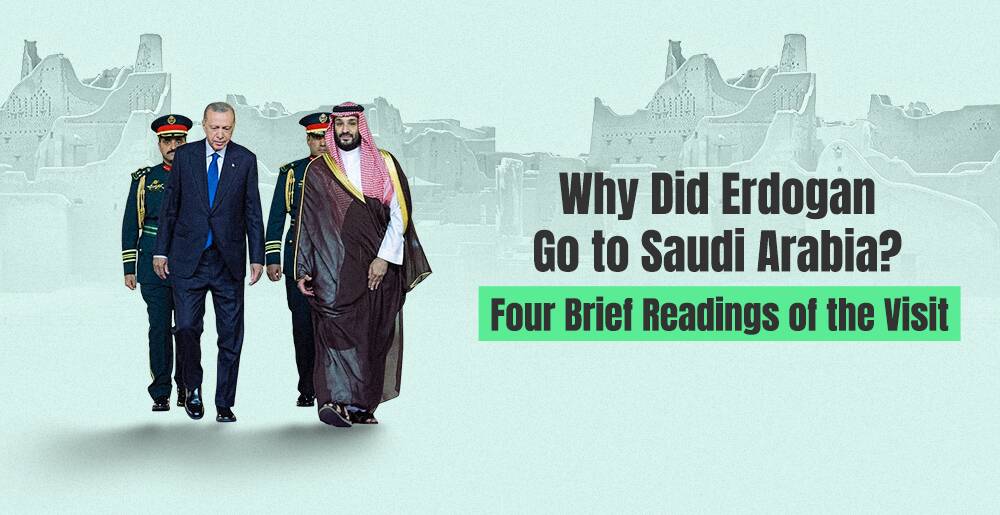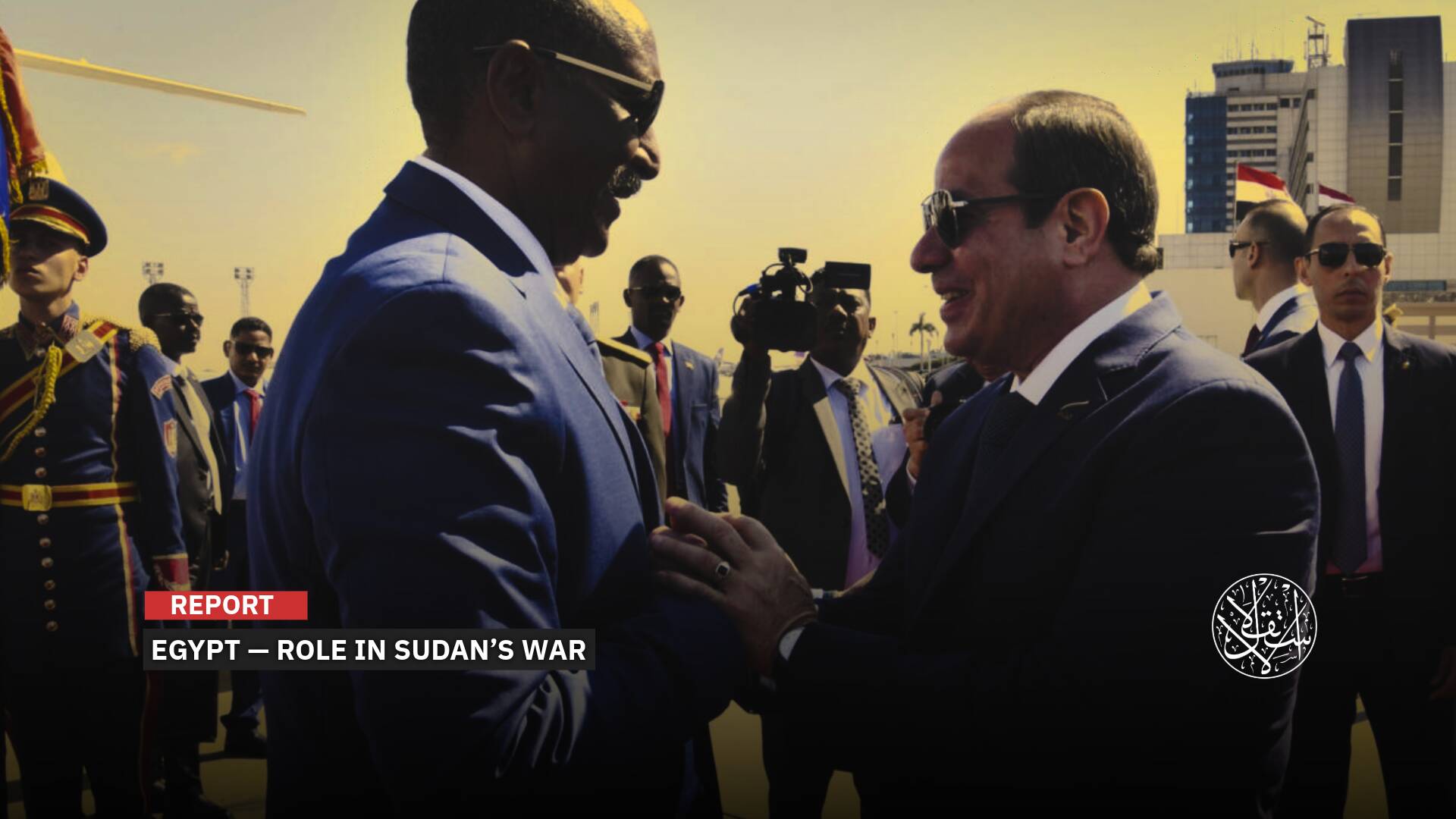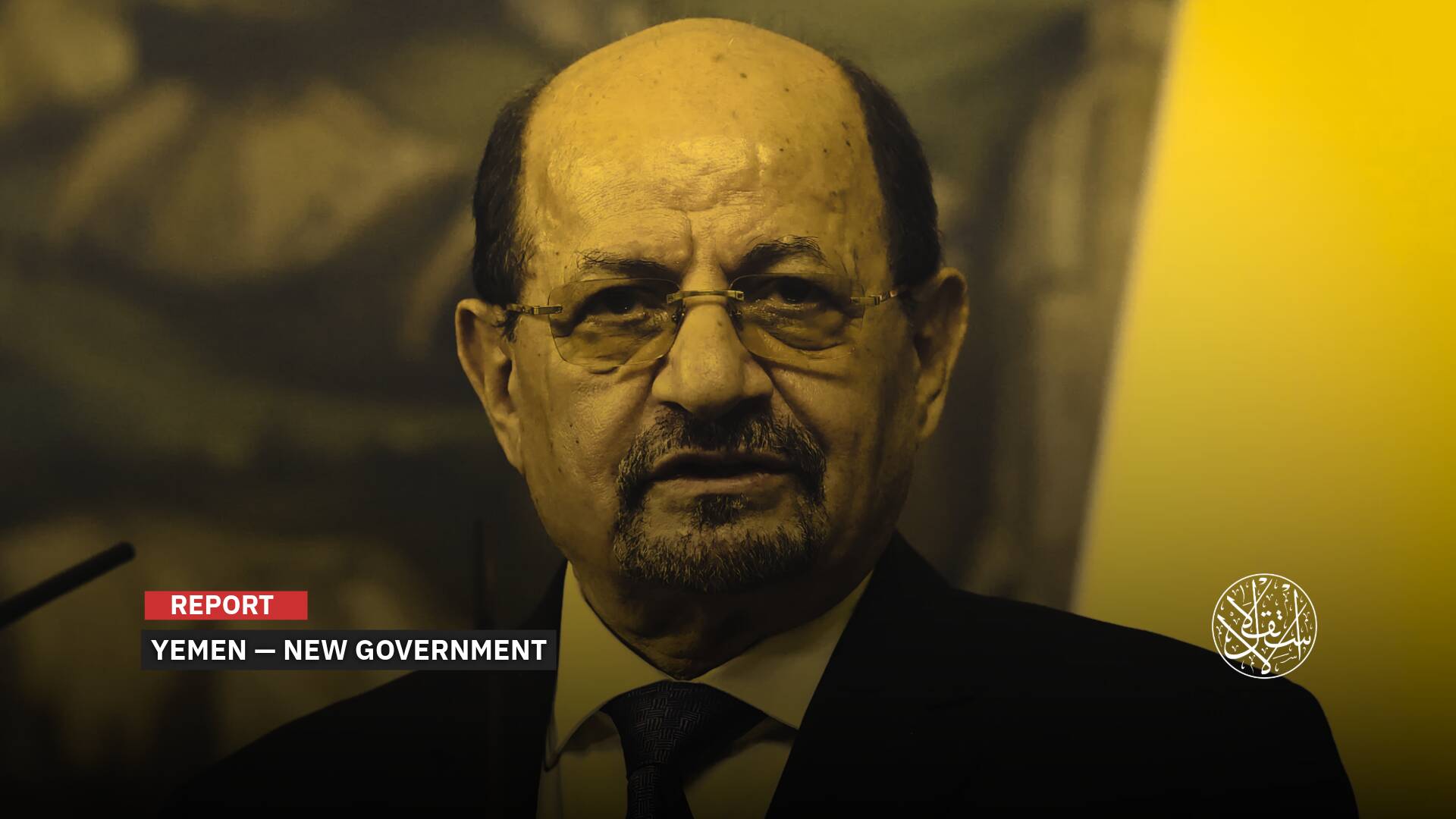Turkiye, Iraq, and Syria Form a Triangular Alliance Against PKK and ISIS

Hakan Fidan urged Iraqi officials to fight ISIS and the PKK.
The visit of Turkish Foreign Minister Hakan Fidan to Baghdad has raised pressing questions about the extent of Iraq's response to Ankara's calls for the formation of a new military alliance in the region.
During his visit, which took place following the ousting of former Syrian President Bashar al-Assad on 8 December 2024, Fidan conveyed this request to Iraqi officials.
The Syrian file was the central focus of the one-day visit, during which the Turkish minister met with senior Iraqi leaders.
A Triangular Alliance
During his visit to Baghdad on 26 January 2025, Hakan Fidan called for a joint military campaign involving the full resources of Turkiye, Syria, and Iraq to eradicate the Islamic State and the Kurdistan Workers' Party (PKK), which Ankara classifies as a terrorist organization.
In a press conference with his Iraqi counterpart, Fuad Hussein, in Baghdad, Fidan stated, "The PKK targets Turkiye, Iraq, and Syria. For the future of our region and the prosperity of our people, we must engage in a common battle against terrorism."
"Understanding security and stability between the two countries is of utmost importance, especially in combating the Islamic State and the PKK."
"We addressed regional disagreements and their non-impact on the security of both countries, and we give great importance to communication between Iraq and the new administration in Syria."
In line with his vision, Fidan also expressed condolences to Iraq for the death of two security personnel and the injury of a third at the hands of the PKK on 24 January 2025.
For his part, Iraqi Foreign Minister Fuad Hussein, during the joint press conference, said, "The bilateral relations between Iraq and Turkiye are good, and we discussed how to develop them following President Erdogan's visit to Baghdad on 22 April 2024."
Hussein added that discussions had focused on the situation between the two countries, particularly concerning their handling of the situation in Syria, affirming that continuous communication with the new administration in Damascus is underway.
"We discussed the security situation and the presence of the Islamic State on the borders. Multiple meetings will be held between the two sides to discuss regional issues and counterterrorism efforts," Hussein confirmed.
On 20 December 2024, Hussein had warned that the Islamic State was reorganizing after seizing a large quantity of weapons following the collapse of Syrian government forces, which left behind weapons caches, allowing the group to expand its control over additional areas.
The Iraqi minister also raised concerns about the escape of Islamic State members from prisons in Syrian territory, the deteriorating situation at the al-Hawl camp (which houses families of Islamic State fighters in northeastern Syria), and the impact of these developments on security in both Syria and Iraq.
Fidan's visit to Baghdad was not limited to meeting his Iraqi counterpart but also included a series of talks with the three branches of the Iraqi government (the presidency, parliament, and cabinet), as well as a meeting with Iraq's national security advisor, Qasim al-Araji.

Pressures at Play
Regarding Iraq's potential response to joining a military alliance with Turkiye and Syria, Turkish political analyst Mahmoud Alloush stated that "the PKK poses a threat to both Turkiye and Iraq, and cooperation in combating it is essential for both countries."
Alloush explained to Al-Estiklal that "there are several complex factors influencing the possibility of such cooperation. On one hand, this issue falls under the broader framework of Turkish-Iraqi relations, so any actions are affected by the countries' ability to collaborate on other matters, such as water issues."
On the other hand, Alloush added, "Iran plays a significant role due to its influence over Baghdad and its regional rivalry with Turkiye. Additionally, the intertwining of the PKK issue with the Kurdish forces in Syria adds another layer of complexity."
"Both countries need to reach an agreement on the future of Turkish military presence in northern Iraq. All these complexities create pressure on the prospects for cooperation between them."
"A new dynamic has emerged in Turkish-Iraqi relations since Erdogan’s visit to Baghdad in April 2024, which focuses on counterterrorism cooperation, but it encompasses a wider range of bilateral issues."
"The situation in Syria could exert additional pressure on these relations, particularly regarding Iran's concerns over losing its prominent position in Iraq after Syria."
Alloush stressed that "Iraq’s role is crucial in achieving stability in Syria, especially in security matters," pointing out that Ankara is keen on involving Baghdad as part of the broader effort to stabilize Syria.
In the same context, Iraqi affairs researcher Ali al-Masari suggested that "Iraqi authorities may agree to join such an alliance with Turkiye and Syria, but the issue is complicated due to Iran."
Al-Masari told Al-Estiklal that "the presence of PKK elements within the Popular Mobilization Forces in the Sinjar region of northern Iraq makes it difficult for Baghdad to agree to the triangular alliance without first obtaining Tehran's approval."
"As far as the Iraqi government is concerned, approval is possible, but the warlords (leaders of the Shiite militias) linked to Iran may influence the decision," al-Masari added.

Banned Party
Regarding Iraq’s official stance on the PKK (Kurdistan Workers' Party), the Iraqi authorities designated it as a "banned party" for the first time, following Turkish President Recep Tayyip Erdogan’s recent visit to Baghdad.
During a press conference with Iraqi Prime Minister Mohammed Shia' al-Sudani, Erdogan emphasized that "security and cooperation in counterterrorism were among the key issues discussed with the Iraqi side."
He also welcomed Iraq’s decision to officially label the PKK as a banned organization, confirming that "we discussed joint actions against the PKK, which targets Turkiye from Iraqi soil."
For his part, al-Sudani remarked that "the security of Iraq and Turkiye is indivisible, and we cannot allow attacks on another country from Iraqi territory."
Despite Iraq’s stance on the PKK, with its official designation as a banned entity, there remains a militia formation named the "Sinjar Resistance Units" (YBS) that continues to receive support from the Iraqi authorities.
The "Sinjar Resistance Units" (YBS), which operates under the banner of the PKK, controls the strategically important city of Sinjar.
Turkiye has long called for the removal of the PKK presence in the region.
The "YBS" militia is part of the Popular Mobilization Forces (PMF), a coalition of armed Shiite factions formed in 2014, many of which have close ties to Iran and are officially integrated into the Iraqi armed forces.
In 2016, Saeed Hassan, the commander of the "Sinjar Resistance Units," announced that the Iraqi government had officially recognized the group, integrating it into the PMF.
He confirmed that they now receive regular salaries, with around 500 fighters on payroll, according to the Rudaw network.
On Iran’s relationship with the PKK, former Governor of Nineveh, Atheel al-Nujaifi, noted that the PKK plays a significant role in drug trafficking operations, moving narcotics from Iran to Iraq, Syria, and subsequently to the Gulf region, as reported by Baghdad Today on 25 March 2019.
According to Al-Estiklal, al-Nujaifi explained that the PKK represents a strategic asset for Iran and cannot be easily discarded.
"Iran refused to allow the military wing of the PKK to leave Iraq’s Sinjar city (part of Nineveh) and other areas where it is present."
"The presence of the PKK in those areas predates the rise of ISIS, and the group strengthened during the latter’s advance based on a premeditated plan, seizing a significant opportunity to entrench itself in those regions."
"Certain Iraqi factions, with Iranian backing, took the risky decision to support the PKK in its fight against the Kurds, creating a Kurdish-Kurdish conflict at the expense of the nation; they believed this to be the easiest way to curtail Kurdish demands."
"The PKK’s presence in Sinjar and other regions has a detrimental impact on Iraq’s overall situation. Certain factions are benefiting from the PKK’s presence along the Iraq-Syria border, using them in the broader Iran-US struggle in the region," Al-Nujaifi noted.

Turkiye has been carrying out continuous military operations against PKK (Kurdistan Workers' Party) positions in northern Iraq, the latest of which is Operation "Claw-Lock," which has been ongoing since April 17, 2022.
The conflict between Turkiye and the PKK led to a security agreement with Iraq in 1994, allowing Turkish forces to conduct airstrikes against PKK strongholds, which Turkiye classifies as a terrorist organization, and to carry out ground incursions up to 25 kilometers deep along the border region to pursue the group.


